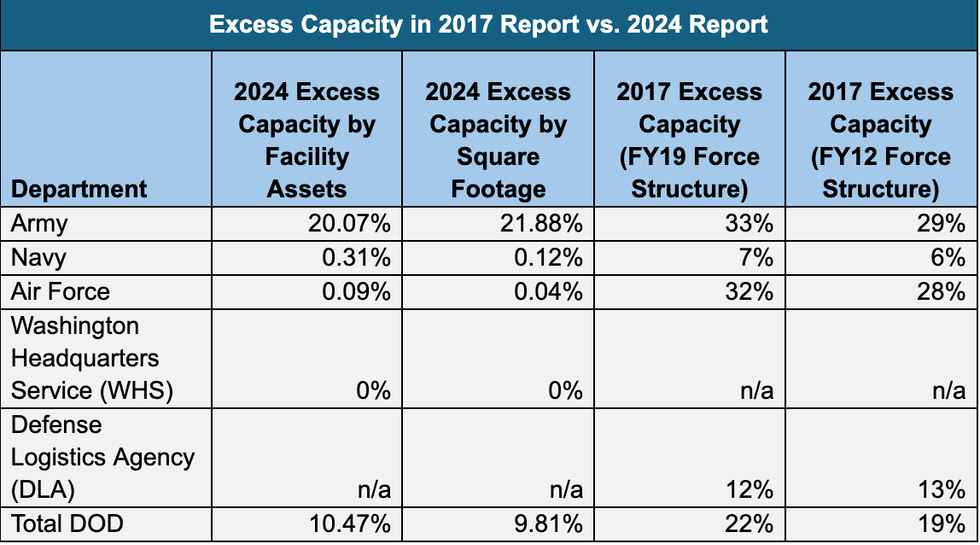Will Kaliningrad become the Sarajevo of the 21st century, a place forever remembered as a trigger point for a tragic descent into devastating great power war? Unfortunately, that question almost certainly did not get much attention during meetings of G-7 and NATO leaders this week.
Instead, two other historic cities loomed large in the background of these meetings, with Western leaders determined neither to repeat the mistakes of Munich in 1938 by appeasing Russian president Putin, nor to reprise the moral failures of Yalta in 1945 by cynically bargaining away the freedoms of East Europeans. Discussions focused on how to tighten economic sanctions on Russia, how to stiffen NATO’s military posture against the threat of Russian aggression, and how to deepen military support for Ukraine in preparation for months if not years of warfare.
But in its singular focus on these lessons of World War II, the West is failing to heed some of the important lessons of World War I.
One of these is that great powers can be dragged unexpectedly into war by the ill-considered actions of smaller allies. In this regard, the potential for things to get out of hand in Kaliningrad should be most worrisome. Lithuania recently began enforcing EU economic sanctions on embargoed Russian commodities sent across its territory into the Russian exclave. Russia protested, arguing that this supply disruption violates a transportation agreement struck between Moscow and Vilnius following the break-up of the Soviet Union, when Russia lost contiguous land access to Kaliningrad. Earlier this week, Russian hackers reportedly orchestrated a campaign of cyber attacks on Lithuania in retaliation.
Other things being equal, the dispute might go no farther. But Lithuania and the EU are poised to add more critical Russian commodities — including oil — to the embargo list in the coming months as new EU sanctions come into effect. In parallel, Russia is likely to grow even more concerned about the reliability of as-yet-undisrupted sea shipments to Kaliningrad as winter approaches and NATO adds Sweden and Finland to its roster, turning the Baltic Sea increasingly into a NATO lake.
Moreover, Kaliningrad is no ordinary exclave. Measured in terms of destructive power per square mile, it is probably among the world’s most formidable arsenals, reportedly stocked with a range of tactical nuclear warheads and other weapons for the Russian fleet and army. It is difficult to imagine that Moscow would stand by idly as its access to this nuclear arsenal is slowly choked off by the EU and NATO. Indeed, Russian military experts are talking openly about the possibility of capturing the Suwalki corridor between Lithuania and Belarus to restore a secure land connection to Kaliningrad.
Another lesson from “The Great War” is that alliances meant to protect and deter can also entangle their member states and threaten outsiders. In this regard, NATO’s decision this week to approve Swedish and Finnish membership, its plans to greatly expand deployed forces near Russia, and its reaffirmation that Ukraine and Georgia will one day join the alliance should be subject to considerably more debate than they have received in Washington.
That Putin resents these developments and is primarily responsible for prompting them is no doubt true. That they will reassure Central and Northern European states shaken by Russia’s invasion of Ukraine is also true. But that does not mean they will make Americans safer and more prosperous.
In fact, Russia’s underwhelming military performance in Ukraine should prompt a reexamination of NATO’s belief that even more American forces are required in Europe to deter Russian attacks. If Russia struggles to capture territory directly on its border, where it benefits from short supply lines and familiar terrain, can we realistically imagine its tanks might roll into Poland or Romania absent additional American forces?
What is much less difficult to imagine, however, is that Russia will respond to NATO’s expanding roster and toughened conventional posture by relying increasingly on its nuclear arsenal. We may well be heading toward a situation akin to the early 1980s, when the Soviet Union deployed intermediate range nuclear missiles aimed at Europe, the United States and NATO responded with reciprocal deployments of their own, and the continent’s nuclear warning and response times were reduced to a handful of minutes. The Treaty on Intermediate-range Nuclear Forces (INF) ultimately eliminated this threat, but that treaty is no longer in force.
In other words, the threat that NATO faces from Russia is quite real, but it is also quite different from the threat NATO is focused on deterring. It is the threat of an accidental clash or an unwanted escalatory spiral into direct NATO-Russia war. An expanded and bulked up NATO does not mitigate this threat. As our Cold War experience showed, the only way to address it is through diplomacy: arms control, confidence- and security-building measures, and understandings about where each side’s redlines are drawn, all of which at present seem very far from the minds of Western leaders.
Finally, in shaping the West’s response to the war in Ukraine, we should recall a third important lesson from World War I, involving how it ended. The animating principle of the Versailles treaty was retributive: depriving Germany of territory, inflicting pain on its economy, and crippling its defense industry so as to minimize chances that it might once again pose a threat to its neighbors. That this approach boomeranged on the war’s victors so spectacularly, yet so closely mirrors the war objectives that many insist the West should now have for Russia, should give us all pause.
It is highly doubtful that any of these points featured in discussions in Germany and Madrid this week. Unless we start grappling with them soon, however, we may get some painful reminders that these old lessons remain relevant.
















